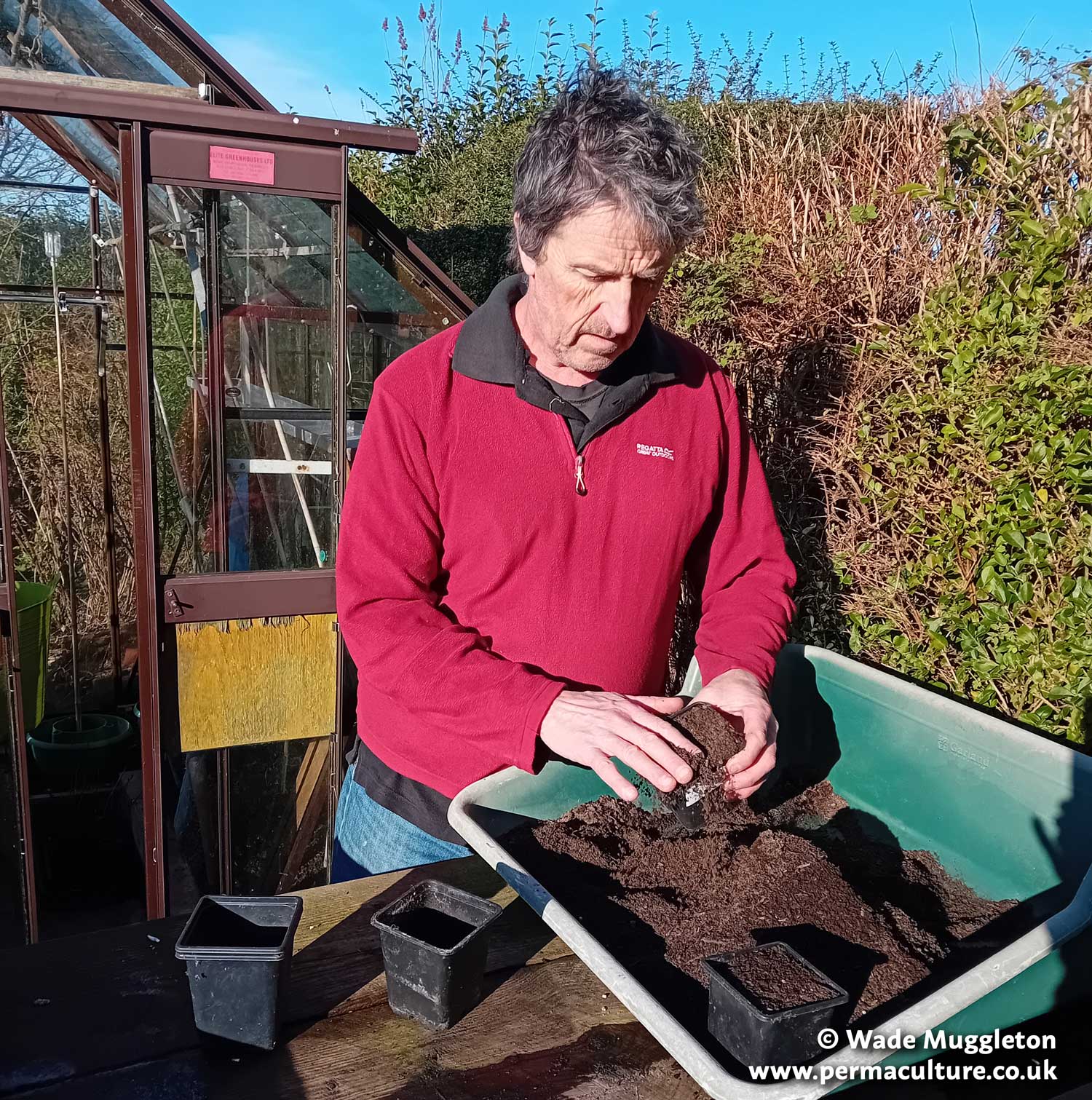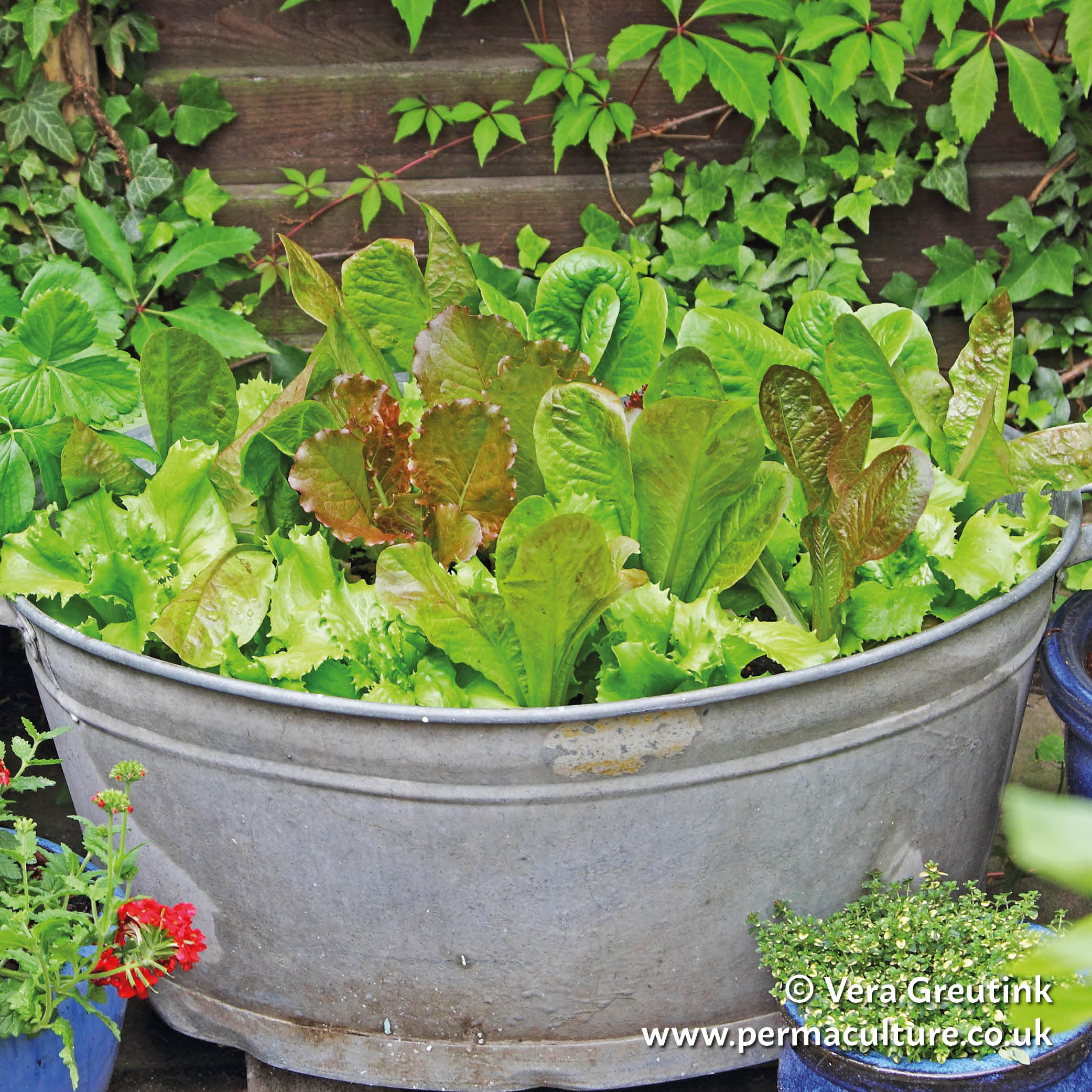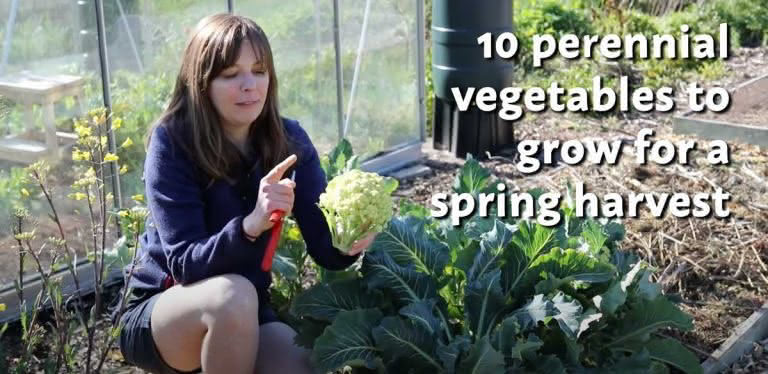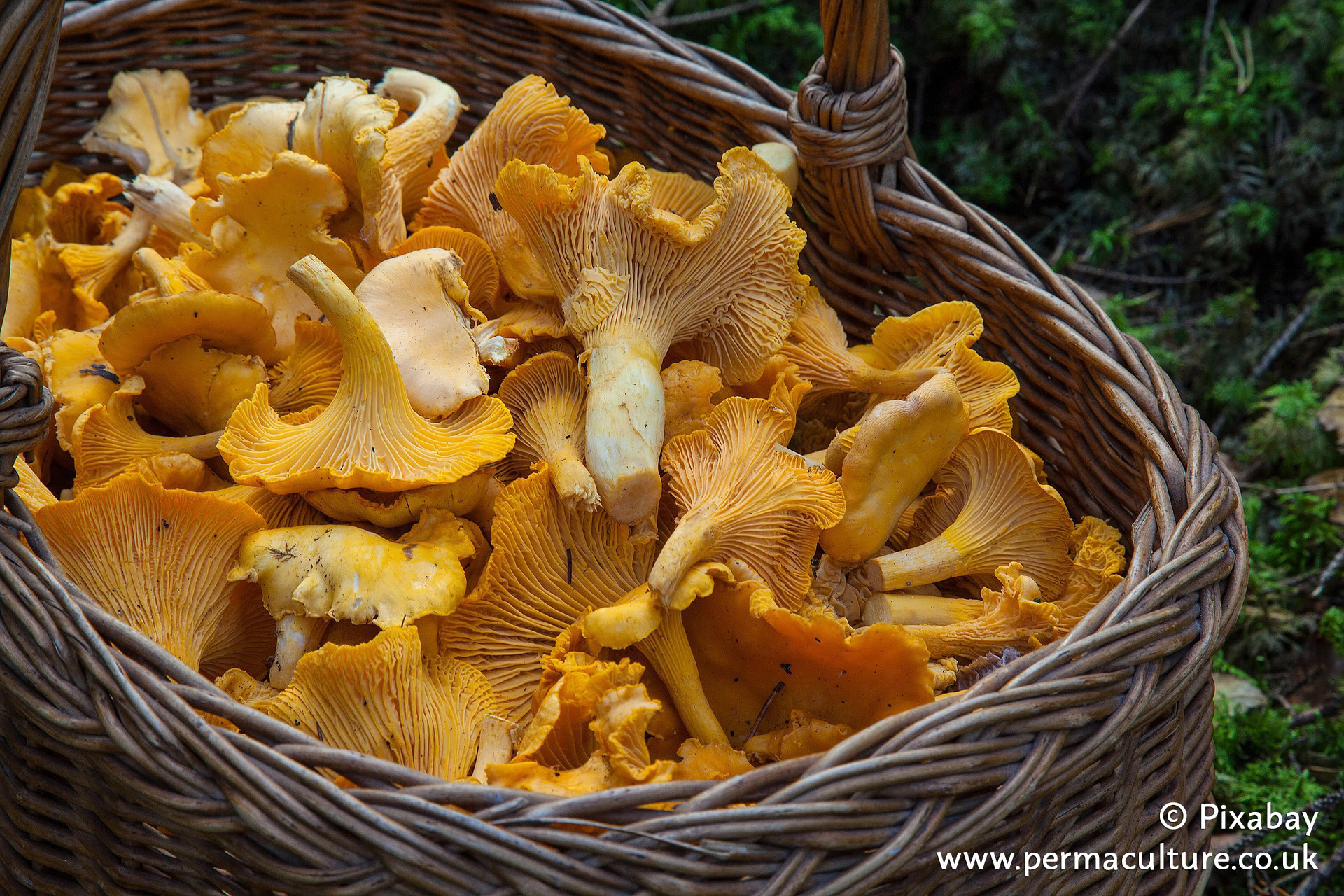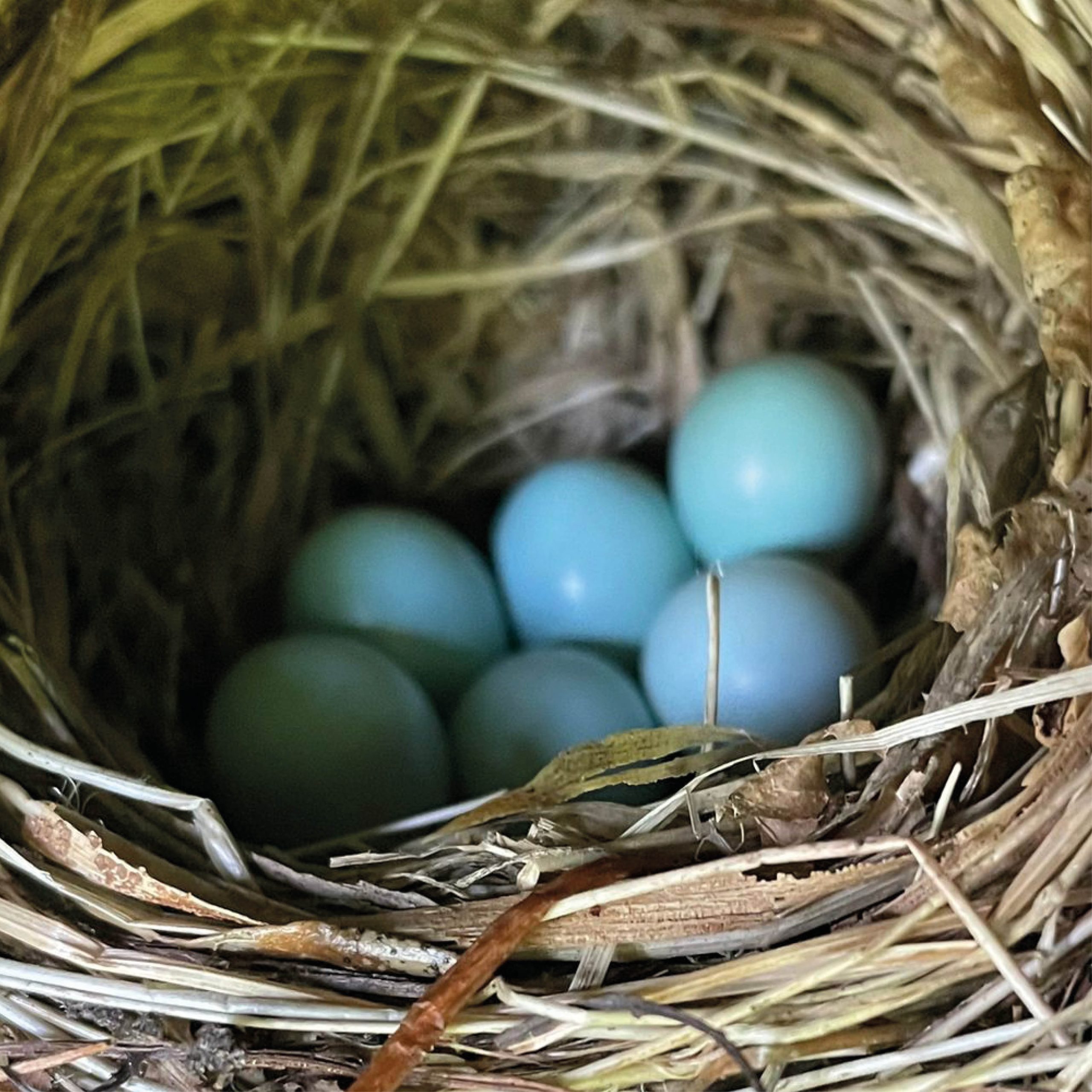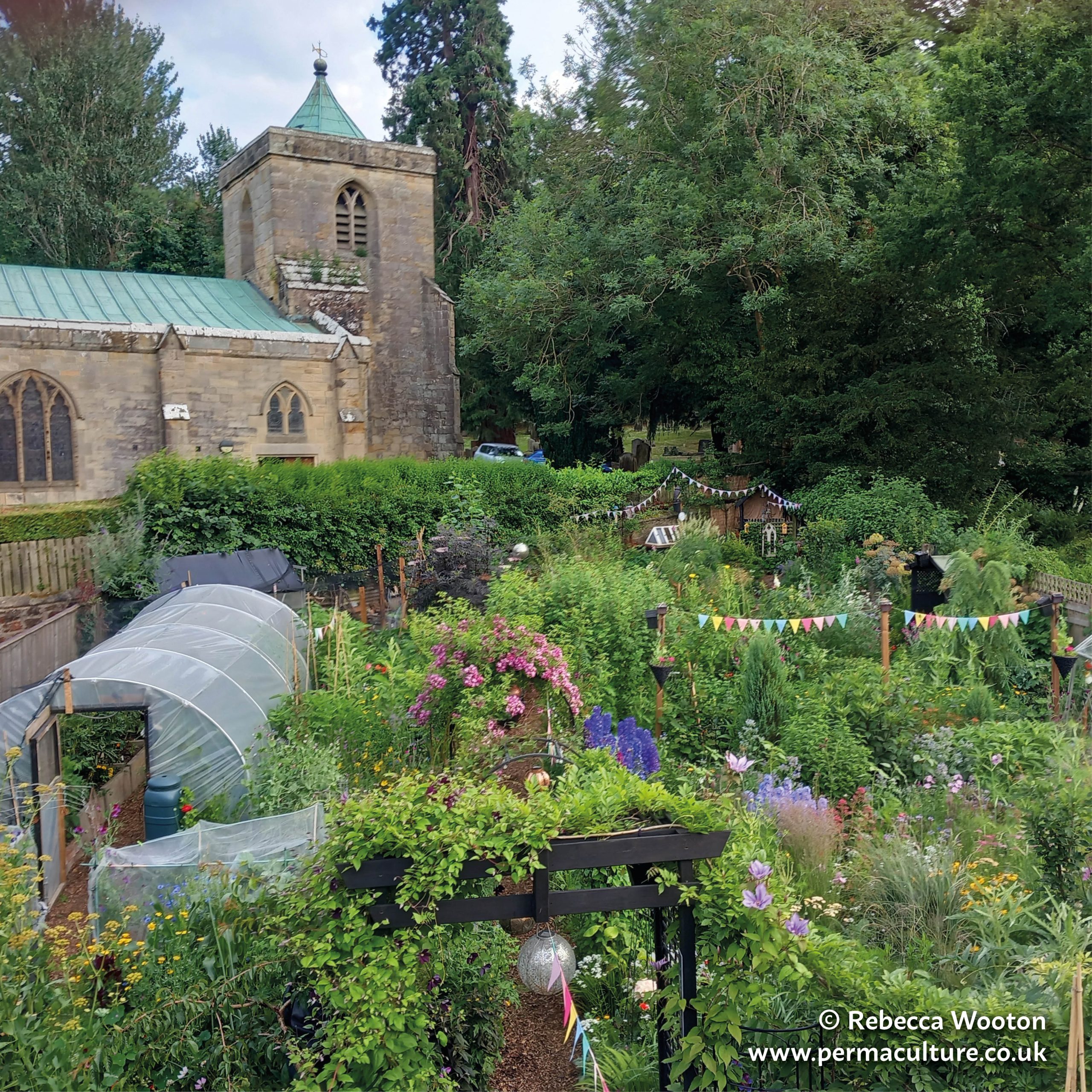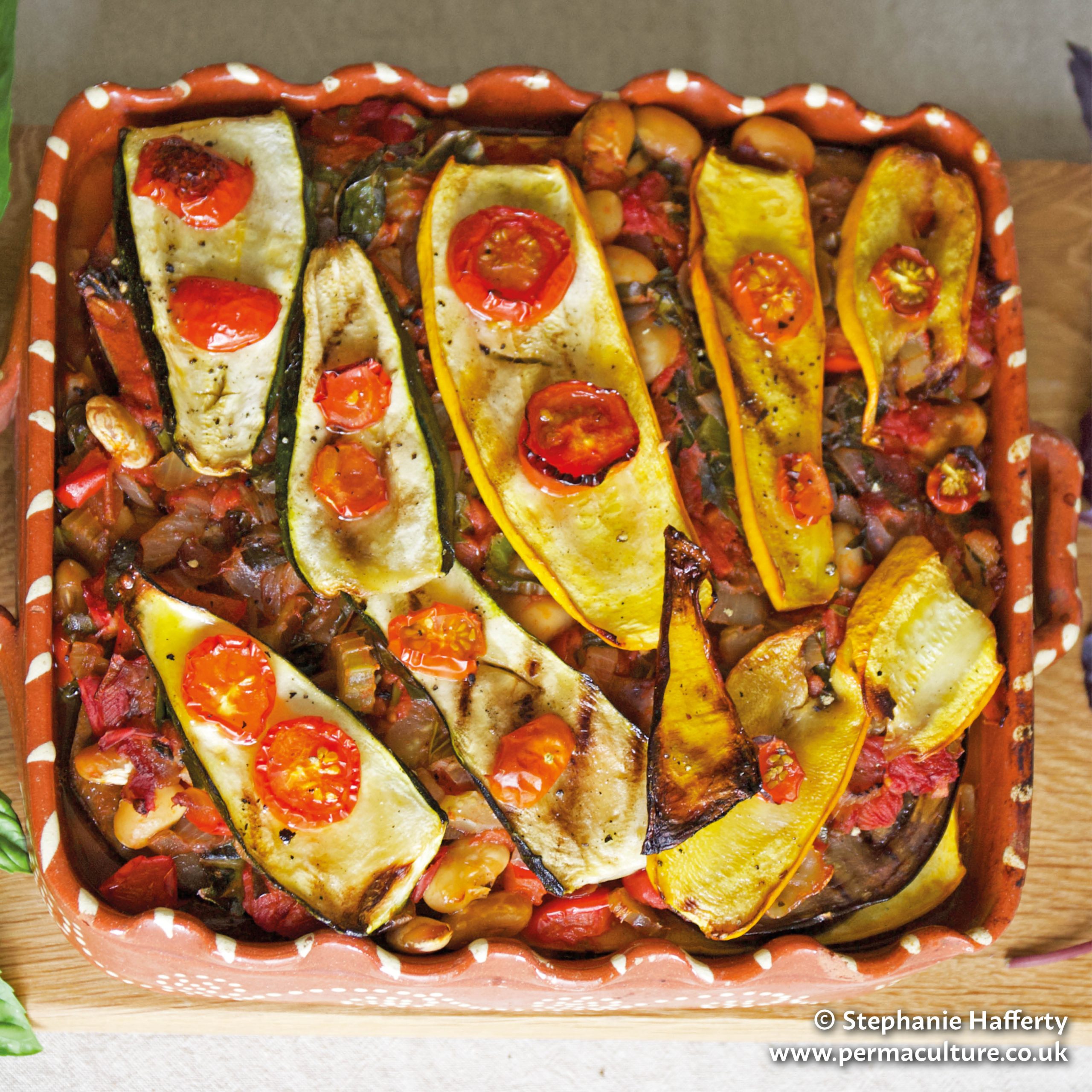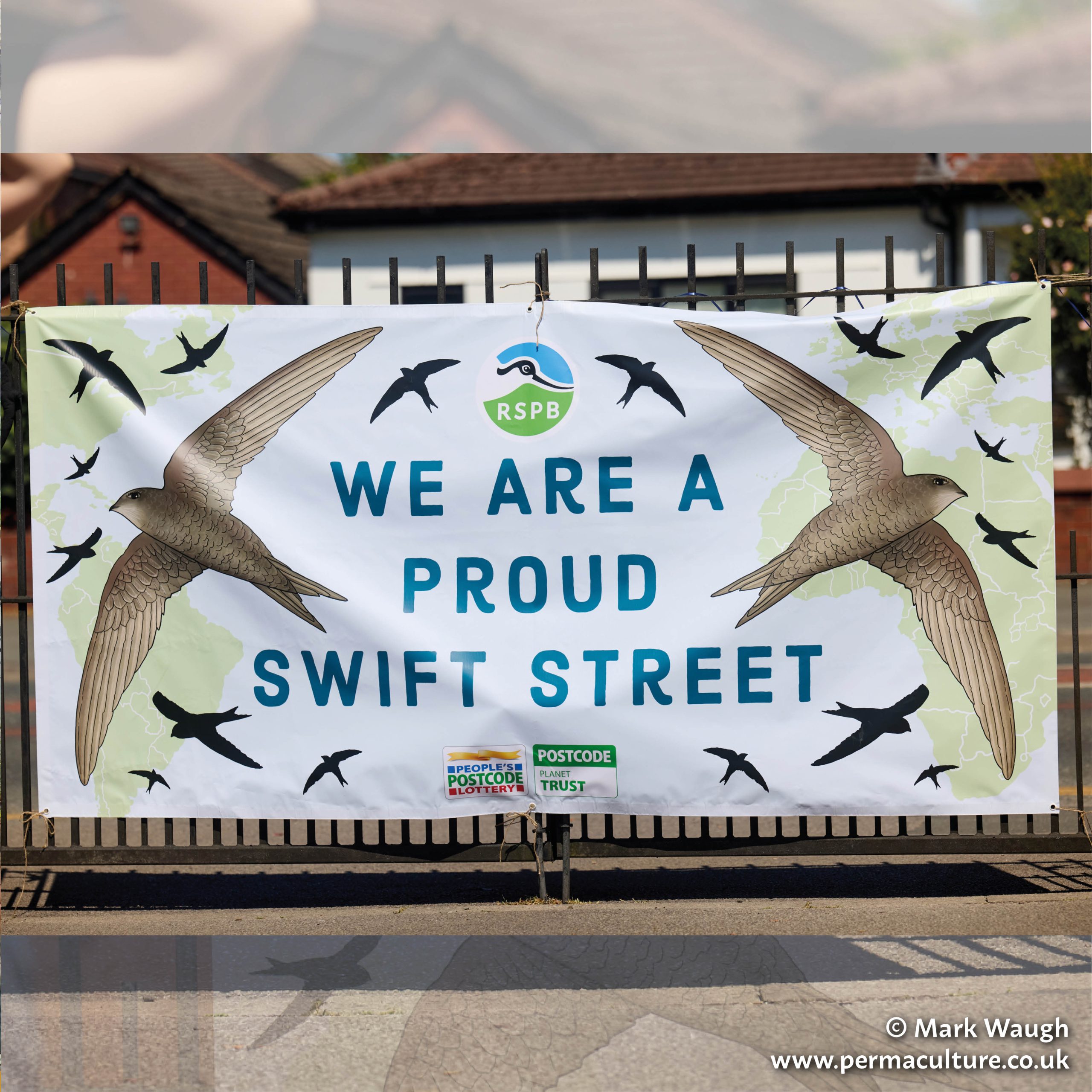Lulu Vierkötter is a permaculturist through and through. As a 17 year old growing up in an ecological household, she is weaving a deeply interconnected way of existing in the world and into how she shares permaculture. Lulu is a local of Zanzibar in Tanzania, an island vulnerable to climate change and home to a variety of cultural differences. She hopes to find a way she can positively influence her community and the lives of the people around her through permaculture education.
Also a recipient of a 2022 Youth in Permaculture Prize (a collaboration of Permaculture magazine, Ethos Foundation and Abundant Earth Foundation) and a co-founder of the Global Permayouth, Lulu is exploring how to teach permaculture in her old primary school, KINS Independent School. With the support of these funds, she wants to continue to not only show the children how to grow food and be active in their community, but also how to be an eco-literate person as they explore the world.
“I think education is very powerful. How do we help people become good people?”
Even though she grew up in a permaculture family, Lulu’s way of seeing the world shifted when she realised that studying permaculture was a ‘thing’ – not everyone had grown up the same and there was still so much more to learn! Being a permaculture teacher always appealed to her – what better than to be teaching and learning at the same time as being connected to the things that inspire her.
Starting her journey with the Permaculture Education Institute’s combined design and teacher certificate program, she’s taken those skills and used them in every arising opportunity. Being a member of the Institute also led her to more philosophical aspects of permaculture, such as studying with Fritjof Capra and Nora Bateson to explore how our minds and observations are connected with the rest of the world and how we can make change in organic, earthy, slightly messy but meaningful ways.
Permaculture can be taught in many forms, but one of the most interactive and accessible ways to start is through gardening – getting your hands dirty, observing nature’s processes and eating food straight out of the garden. The small kitchen garden at Lulu’s school is currently home to plants like cowpeas, chaya, papaya, turmeric and mint (and plenty of earthworms) – all grown organically with a circular system of minimising waste through compost and biodegradables. One day she hopes to develop a Green School, but in the meanwhile she’s experimenting with ways of teaching.
By opening a space for playfulness in the garden and prioritising interest and curiosity, the children feel like they’re part of the process – out digging in rain or shine. Now when the kids work in the garden, they sometimes even tell Lulu ‘there’s not enough mulch here!’. Lulu has encouraged sharing in the community through the garden, inviting people to bring seeds from home and take harvests home.
One of the challenges and lessons of starting a community garden in Zanzibar however, is that you can’t separate the school and the community’s needs. For example, the zone 5 wildlife garden designed to create habitat becomes a source of firewood or building materials by the children’s families. It becomes a learning opportunity for the designers to consider more coppicing areas, and education for community members about planting for ecosystem regeneration.
Another challenge Lulu has faced teaching permaculture in Zanzibar is making it relevant to the culture of the island which is quite different to the western culture where permaculture was created. A separation between men and women and the low levels of education creates a difficult ‘bubble’ to introduce new ideas into. Lulu has noticed that ecoliteracy levels are low – seen through the impacts of the type of farming and land management on the soils and surrounding natural habitat. As she has begun to teach, Lulu has found that by personalising and localising permaculture for the students and connecting it with the spiritual values of the community and the strong religious culture on the island, people become open to the ideas, especially when they see the kids thriving in their productive school garden.
One project that Lulu is working on currently is translating a permaculture curriculum into Swahili. “This is trickier than you may imagine” she says. As well as connecting it to the local culture, the language itself has its own challenges. For example, a sentence in English might translate into a paragraph in Swahili where the concepts are explained as stories. As Lulu says, “It’s an experiment!” Creating locally-curated forms of teaching permaculture can be a hard process, however once it is done, it is a resource Lulu hopes to share with other schools on the island and Swahili speaking communities.
“Let’s teach people how to open their minds and hearts because then they can do that, you’ve got your ticket!”
Lulu believes that education is the way forward, not in the sense that everyone is a ‘super-smart decision maker’ but rather in learning that everything on this planet is interconnected. Her dream is to help educate her students to become ecoliterate – to understand the patterns of nature surrounding them and to care for the world, because we’re all part of it no matter what you may try.
Humans are social creatures and we love sharing knowledge. Permaculture is a wonderful example of how ‘teachers teach teachers’ whose ripples keep expanding, and within that, we need a biodiversity of knowledge. Lulu wants to help amplify this polyculture of education. We need all types of knowledge to build a sustainable society, one kept alive in the skills and relationships of the community – a symbiotic mesh of ideas.
“If you know how to be a kind person, fantastic! If you know how to construct a house, amazing! And if you know how to plant your garden when you’re living on a slope, wonderful!”
Lulu observes that the education systems don’t acknowledge diversity, only a standardised version of the world – no matter whether you’re in Zanzibar, Australia, the UK or beyond. So, Lulu plans that by starting with a garden and teaching people to observe the patterns in nature, we can gradually build new ways of knowing the world.
At the beginning, Lulu asked herself a question: what do I enjoy doing and how can I make that into something? Being an artist, a musician and an avid enjoyer of the outside world, she found her way to permaculture. Even though she never expected to teach permaculture to children, now she loves it! Currently, she is also learning how to help native bees colonies that are local to her area in Tanzania.
She believes that it goes to show, doing what you love can make change, and at the heart of it is experimentation – being playful with ideas and trying them out.
To get involved with different projects around youth in permaculture, visit permayouth.org.
To learn about permaculture design and teaching, visit permacultureeducationinstitute.org.
Written by Maia Raymond, the co-founder and coordinator of Permayouth who lives at Crystal Waters Ecovillage in Australia with her family.
